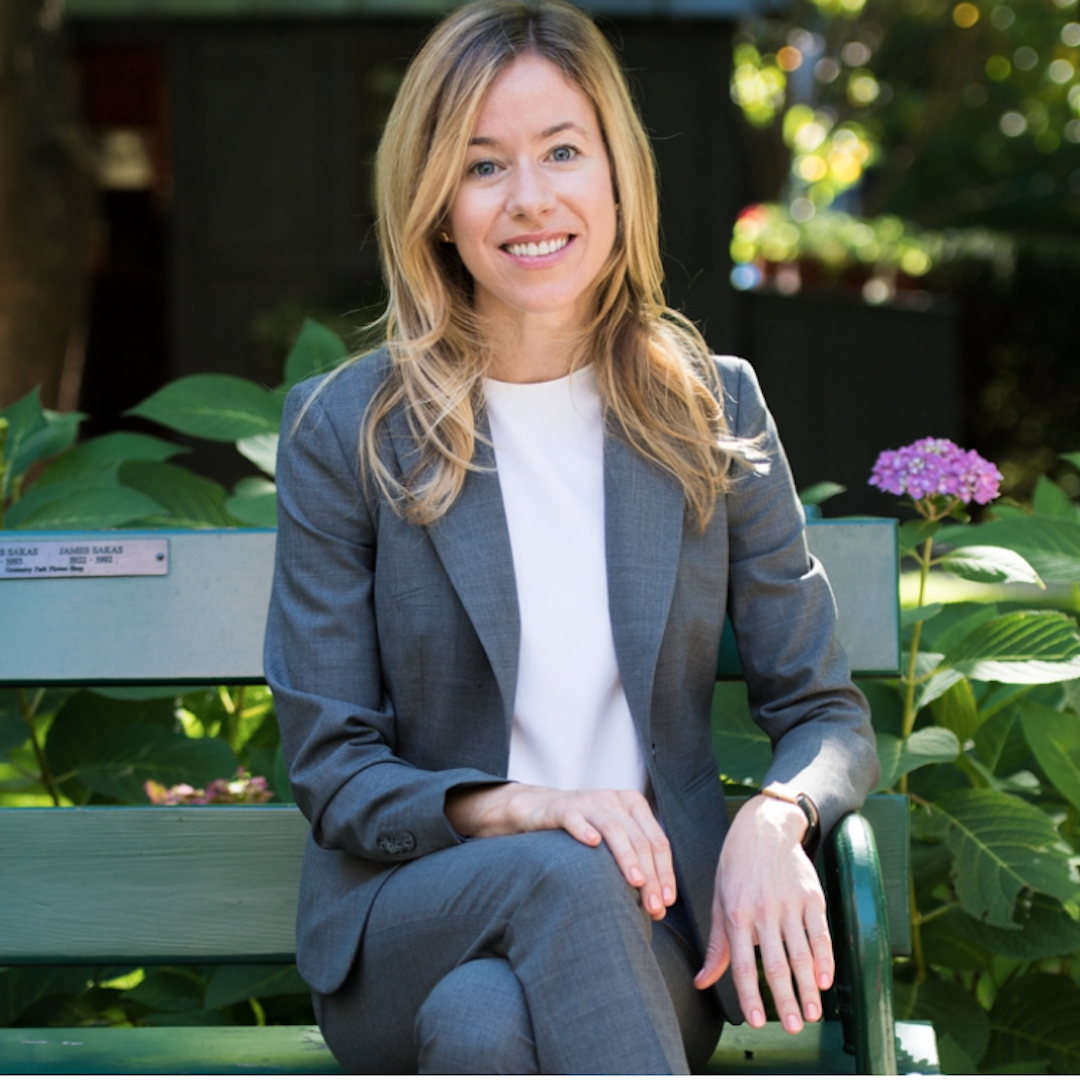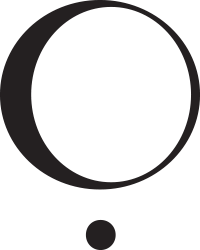
Inhale Exhale
Dr. Rebecca Robbins on Healthy Sleep Rituals
In honor of National Sleep Awareness Month we chatted with Dr. Rebecca Robbins, Instructor at Harvard Medical School and Sleep Scientist at Brigham and Women’s Hospital. She teaches us how to build a healthy sleep ritual, debunks common misconceptions about ZZZs and shares data from a recent study about trendy sleep tech products. Read on for her tips and tricks for some seriously sweet slumber!
March is National Sleep Awareness Month. Can you share with us why it’s so important that we continue to study and bring awareness to sleep?
Sleep is a cornerstone of health and well-being. Unfortunately, the vast majority of our society fall short of the recommended 7 to 9 hours of sleep. Falling short of our recommended sleep duration leaves us vulnerable to poor mental health, a weakened immune system, increased irritability, and health risks well into the future. However, the good news is that small changes to our daily routines can go a long way toward improving our sleep, health, and well-being.
What is the most common misconception that you’ve heard about sleep?
Unfortunately, there are a few myths about sleep that persist. One of the most common misconceptions is the belief that some people can function or ‘get by’ on insufficient sleep (e.g., 5 or fewer hours). This is a myth as we have scores of evidence to show that consistently sleeping fewer than 7 hours places us at elevated risk for a number of health concerns.
We’ve been told that a full night’s rest is about 8 hours. Is this true? How many hours of sleep do we really need to function optimally?
We recommend sleep duration between 7 and 9 hours for most adults. There is individual variation, so some do very well on 7 hours while others do very well on closer to 9 hours of sleep. The key is determining your personal sleep needs and doing your best to meet that night in and night out.
Sleep hygiene has become a very trendy phrase. Can you explain what it is and what you consider to be good sleep hygiene?
Sleep hygiene refers to the evidence-based, healthy behaviors that increase your ability to obtain healthy sleep, which includes obtaining sufficient sleep, keeping a consistent sleep schedule, relaxing and unwinding close to bedtime, avoiding sleep stealers (e.g., alcohol and caffeine), and limiting blue light exposure close to bedtime.
Recently, there have been a lot of tech products sweeping the market to monitor and improve sleep, like the Oura ring. What is your opinion regarding these devices?
We published data collected from a nationally representative sample of adults in the US in 2018 and found that nearly 1 in 3 Americans reported using a device to track their sleep. As long as you are using a device that is validated, tracking your sleep is an overwhelmingly positive behavior as doing so can help promote awareness about your daily routines and their consequences for your sleep.
For those of us who lay in bed at night with racing minds, how to you suggest we quiet these thoughts and reduce potentially subconscious stress and anxiety?
Realize that you are not alone. The stressors of our waking lives loom large for our sleep. We are facing unprecedented events from a pandemic to war that bear significant consequences on our ability to relax and unwind. If you find yourself tossing and turning for longer than 15 minuteS after you slip into the sheets, keep the lights low, leave bed, and instead meditate or read a few pages of a book, returning to bed when you are tired.
Many people turn to natural supplements like Melatonin and Ashwagandha when they can’t sleep, while others turn to prescription sleeping pills. Would you recommend these methods or do you feel it is more beneficial to engage in behavioral shifts when it comes to sleep?
The most optimal strategy is to implement healthy behavioral change to your daily routine to improve your sleep. However, sleep aids such as Melatonin can be helpful in the short term if you are experiencing sleep difficulties. Optimally, we are using aids like this for a short period of time then returning to the healthy behavioral routines that offer the biggest bang for our buck when it comes to sleep.
We have all begun to experience busier social schedules post-pandemic, making maintaining a consistent sleep schedule a bit of a challenge. Do you have any tips on how to make this shift easier and less exhausting?
One of the most important parts of a sleep schedule is consistency in our sleep times. In other words, falling asleep and waking up at close to the same times night in and night out. Certainly, there are times when life happens and you miss your target fall sleep time. In these instances, enjoy and do not beat yourself. Then get back on your normal sleep routine as soon as possible, especially if your bedtime is later than usual. Instead of the normal practice of sleeping in which will delay your circadian rhythm and make it challenging for you to fall asleep the next night, wake up the following morning as close to your normal time as possible and make up any lost sleep with a power nap in the afternoon.
What do you consider to be the biggest barriers to healthy sleep?
One of the biggest barriers to sleep is stress. Experiences and events inherently present stress, but it is our reaction to these events that matters most for our health, well-being, and our sleep. If you find yourself struggling with sleep, realize that you are not alone, but if you find yourself tossing and turning due to stressful experiences from your day, leave bed, consider practicing meditation or another relaxing activity, before coming back to bed when you are tired.
Do you have a quick list of pre-bedtime “dos and don’ts” that you can share with us?
It is ideal to fill your pre-bed routine with things that soothe and relax you. Ideally, we reserve the 20-30 minutes before bed for calming low-tech activities, like taking a warm bath or reading a few pages of a book. It is not ideal to be working and going a million miles an hour up until the very last minute before you want to go to sleep, for doing so will likely leave your heart rate elevated and your ability to fall asleep limited. Also, it is a myth that alcohol or a ‘nightcap’ will help you fall asleep. It is true that, depending on your body mass, a single glass of wine may help you fall asleep, but much more than that it will cause you to wake up multiple times and struggle to obtain restorative slumber.

